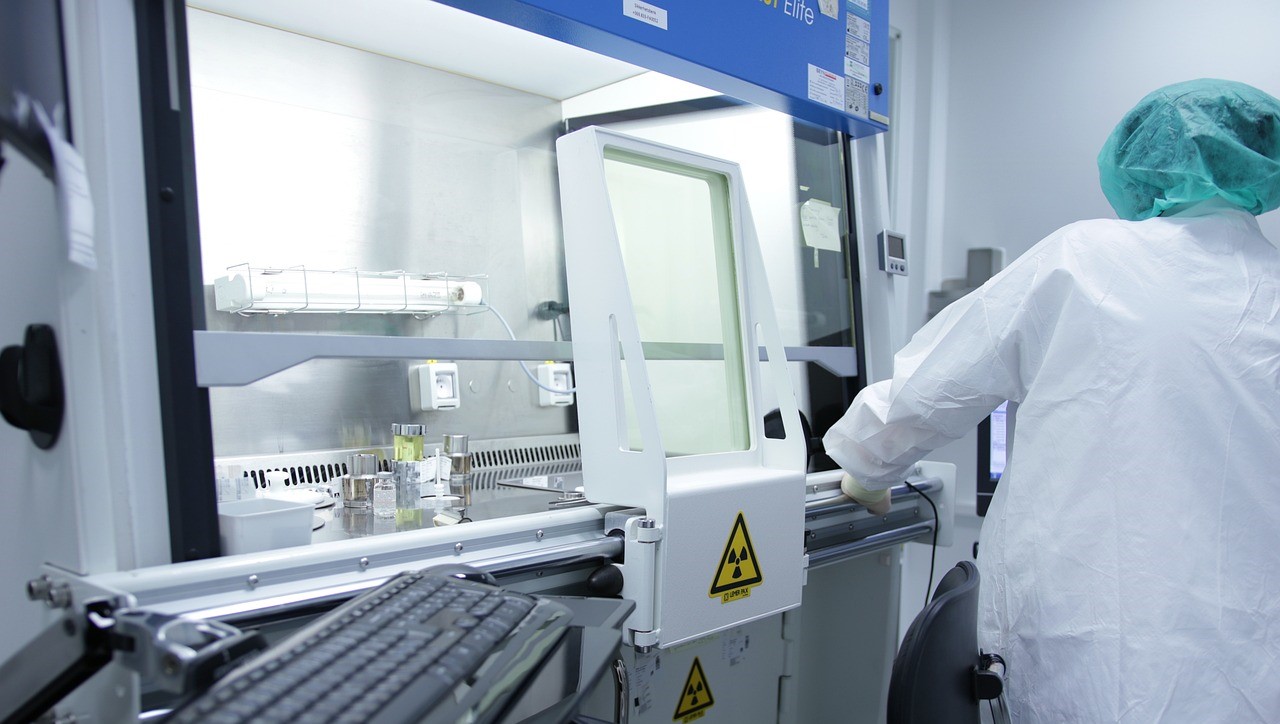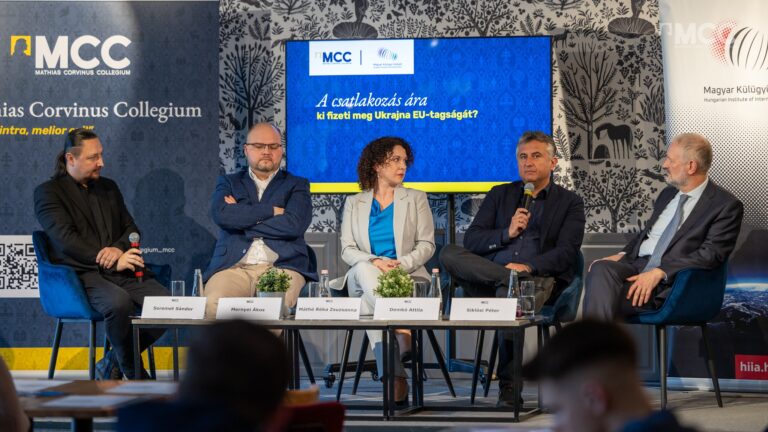Referring to Dean of the University of Debrecen Ildikó Bácskay, Világgazdaság reported that the university had begun the development of several pharmaceutical products based on the anti-malarial active ingredient, which won the Nobel Prize in Physiology or Medicine in 2015 and is part of cancer treatment therapy. The herb recently also became one of the crucial ingredients in the Hungarian–Uzbek R&D&I project. Products will be developed through comparative studies, including antiseptic and anti-inflammatory lozenges, hard capsules, hydrogels, ointments, ear drops, mouthwashes, and refillable patches suitable for treating ulcers and large wounds. These are intended to be developed not as medicines but as medical devices and nutritional supplements. As the testing of the prototypes continues, upon their becoming products, production is expected to be implemented in Uzbekistan.
The project’s implementing parties are the Tashkent Pharmaceutical Institute from Uzbekistan and the industrial participant MEDITOP Pharmaceuticals Ltd from Hungary. The latter opened its representation in Uzbekistan in 2023. Since 2021, Uzbekistan and Hungary have maintained a fruitful bilateral relationship at the level of a strategic partnership, which can be further developed into a strengthened strategic partnership, given the success of the current cooperation.
‘During the meeting, the intention to expand regional presence was discussed, as well as exploring the possibility of local production of certain types of medicines’
Pharmaceutical cooperation is developing rapidly between the two countries, as it is a priority area of collaboration. In 2023 the Hungarian company Egis Pharmaceuticals PLC announced the signing of a cooperation agreement with the local pharmaceutical authority in Tashkent, Uzbekistan. This agreement targeted tackling the quality problems the Uzbek pharmaceutical market faced. It envisioned providing professional support for the development of pharmaceutical regulation and the professional development of the authority’s staff. Both parties have taken responsibility for regularly exchanging information and experience to improve regulation and production quality.
In May 2024 Ambassador of Uzbekistan to Hungary Oybek Shakhavdinov met with Tamás Sojak, Head of Global Regulation of Research and Portfolio Investment Management at the Hungarian pharmaceutical company Gedeon Richter. During the meeting, the intention to expand regional presence was discussed, and the possibility of local production of certain types of medicines was explored. The products of this company have been present in Uzbekistan since 1955, and it continues to be one of the key suppliers of pharmaceuticals in the country. Its representative office, JSC Gedeon Richter in Uzbekistan, was accredited in 1996, and currently, the company offers more than 50 types of drugs in the Uzbek pharmaceutical market.
Being one of the two Central Asian giants, Uzbekistan accounts for around 46 per cent of the region’s total population. Uzbekistan’s fertility rate is the highest in Central Asia, an area with a fertility rate higher than the global average. It is clear that the country will continue to grow rapidly in terms of its population size in the upcoming decades. This makes Uzbekistan an attractive consumer market for Hungarian products. At the same time, this indicates the country’s rapidly growing working population, which can benefit from further industrialization with higher value-added production, in which Hungarian pharmaceutical know-how can play a decisive role. Such cooperation between Uzbekistan and Hungary is beneficial for greater economic complexity in Uzbekistan and higher global competitiveness of Hungarian production.
Such fruitful cooperation in the medicinal field is also reflected in collaborations between academic institutions. As early as 2021, the University of Debrecen expressed its intention to make its programmes available locally for potential students in Uzbekistan. Preparations for the current programme on the development of pharmaceuticals based on wormwood extract, a Nobel Prize-winning herb, began then and successfully continued with prototype testing. The university has also demonstrated a willingness to extend collaboration beyond pharmaceuticals to include local industries in the agricultural sector. Another emerging partnership is between Semmelweis University and the Tashkent Institute of Pharmacy, which signed a letter of intent in 2023. While this letter serves as a symbolic step toward establishing cooperation, the specific areas of collaboration are yet to be defined in the near future.
‘Such fruitful cooperation in the medicinal field is also reflected in collaborations between academic institutions’
Developing relations between the two countries into a strategic partnership has opened the way for mutually beneficial cooperation across various sectors. One notable outcome was the announcement made in July 2023 by Hungarian Minister of Foreign Affairs and Trade Péter Szijjártó and Uzbek Minister of Investment, Industry, and Trade Laziz Kudratov that Uzbekistan plans to establish a special economic zone near Tashkent with conditions specifically tailored for Hungarian businesses.
Hungarian pharmaceutical companies, in particular, stand to gain significantly from this initiative. As Uzbekistan offers Hungary access to a growing consumer market, increased industrialization, and opportunities for knowledge exchange in value-added production, this cooperation is already yielding positive results—not only through the benefits mentioned above but also through the creation of new expertise and technological advancements.
Read more from the author:








